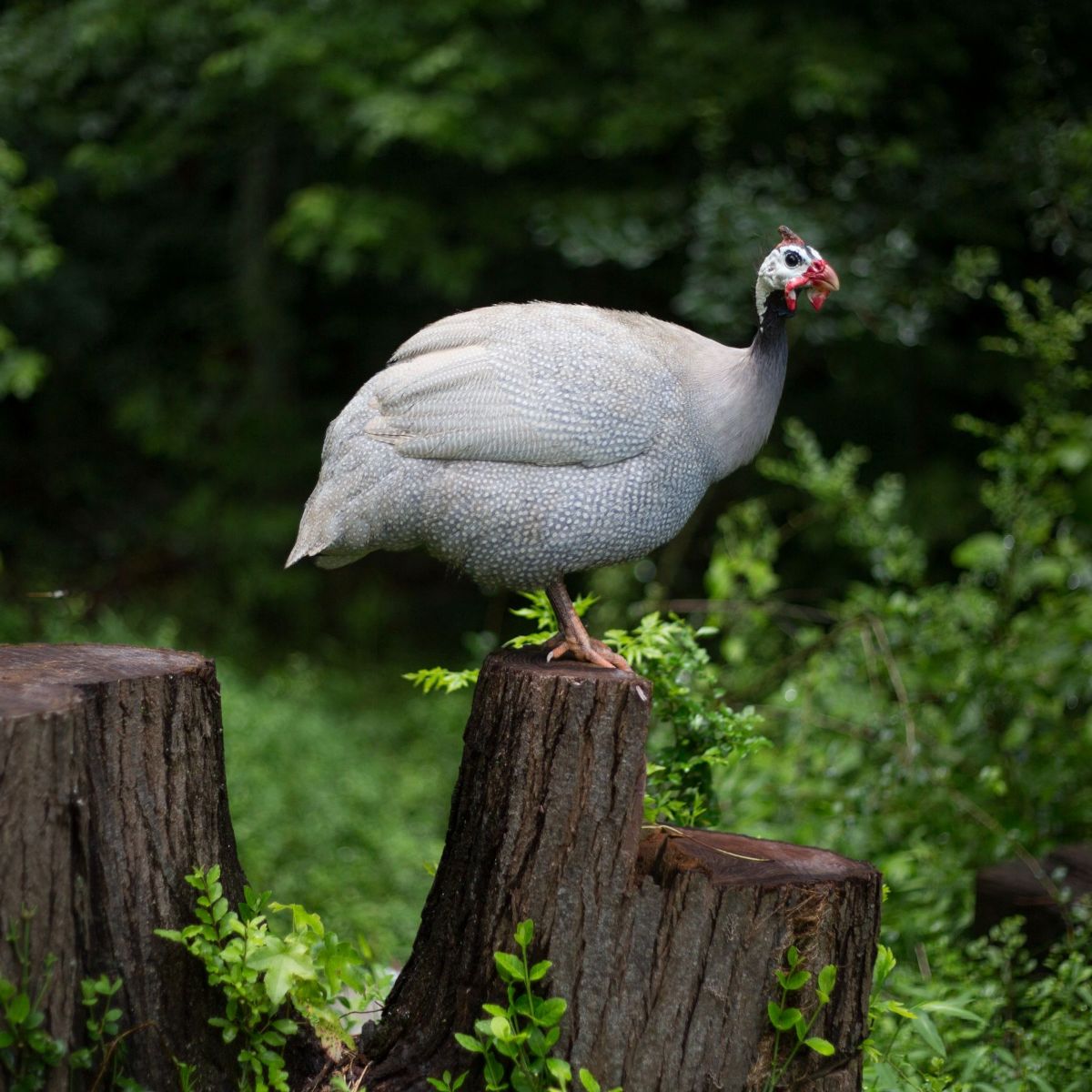
Dinosaurs 7/29/22
Posted on
Lots of folks ask us about our strange flock of earth bound birds. What are they? Do they ruin garden beds, peck food crops, need a coop, eat pests?
When we first started farming this land, we were covered in ticks constantly. Most rural southerners seem to accept it as part of the landscape and pay it no mind, but there’s a growing awareness of the damage they can cause. Ticks carry not only Lyme disease, but Babesia, Alpha-gal, Bartonella, Ehrlichiosis, and more. The widely spread misinformation that Georgia ticks don’t carry Lyme disease, seems to now be losing its foothold on much of the populace. There’s still some doctors who don’t seem to have gotten the message, but the general awareness has improved dramatically since I got here 11 years ago.
I’ve personally battled with lyme related issues for many years. My symptoms have been limiting and unpleasant, but bearable. I have seen friends and acquaintances have their lives absolutely turned upside down by tick borne diseases in ways that make my symptoms seem like a blessing (I also seem to be in remission for some time now too, so I’m quite fortunate!).
After some time of constant evening tick checks and a heavy burden of cognitive dissonance (I started this farm to live a healthy life….so how does it make sense that I am constantly subjecting myself to life altering diseases?), we discovered what we called “Tick Pants.” A few different outdoor companies manufacture clothing with permethrin in them, which is supposed to deter ticks.
We looked like goobers with our white pants tucked into our black socks (also infused with permethrin), but it helped quite a bit. Not a perfect solution though. Grass grows taller than your waste. Pets get ticks and then gift them to you while you pet them. They are determined little demons, so as long as they surround you by the thousands, you are still vulnerable to their burrowing heads and disease riddled salivary glands.
Enter guinea fowl. These noisy, prehistoric looking, anxious, and toxically masculine birds that love to fight a hubcap are literal life savers.
A handful of free roaming guineas completely cleared about 6 acres of our farm in no time. We have been all but tick free for a solid 8 years now and I can’t tell you the psychic weight that has been removed from me. I can now sit on the ground, with the worst consequence being a couple of fire ants getting a nibble. A far superior outcome to constant pain, exhaustion, allergic reactions to animal protein, brain fog, or death.
So, yes, guineas do eat our berries (but not our veggies. seedlings, or flowers), they do take dirt baths in our freshly made beds (but they don't scratch the garden like chickens) , they are very noisy for half the year (no denying that), and they aren’t that cuddly, but these weird little dinosaur offspring are unbelievable at eating ticks, and decent at catching grasshoppers, Japanese beetles and other garden pests. They are worth all their character flaws and then some.
They bring piece of mind to not only live my life without the constant nagging concern for my own health, but to have employees, friends, and family walk this farm and enjoy it without wondering if I’m subjecting them to life altering diseases while they look at my flowers.
Another bonus…..they are free ranged here on our farm. They roost in trees at night and because of our moderate climate, we don’t have to feed them for 10-11 months of the year. They live on insects and weed seeds and they prefer it that way. In the dead of winter, we give them some high protein turkey feed when they ask for it. You can tell when they are asking for it. If you have less insects and weeds than us, you may have to feed them more. If you live in a cold climate or any climate for that matter, I would research how these heat loving birds would do in your area before jumping in.
So, if you have land and aren't too annoyed by some occasionally noisy birds, get some guineas. They aren’t always easy to find but they are worth the hunt.
-Steve
quick links
contact us
135 Francis Hill Road
Comer, GA 30629
info@3porchfarm.com
